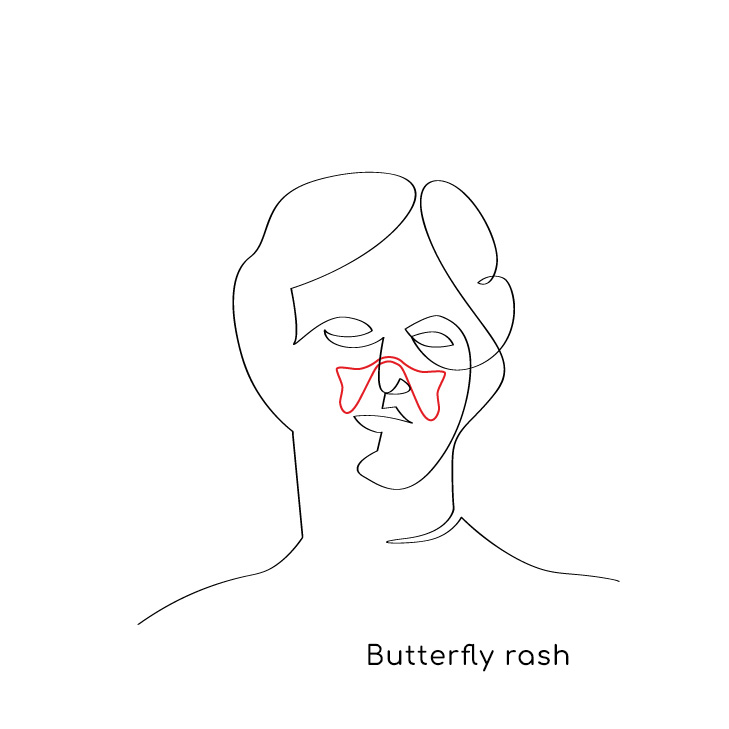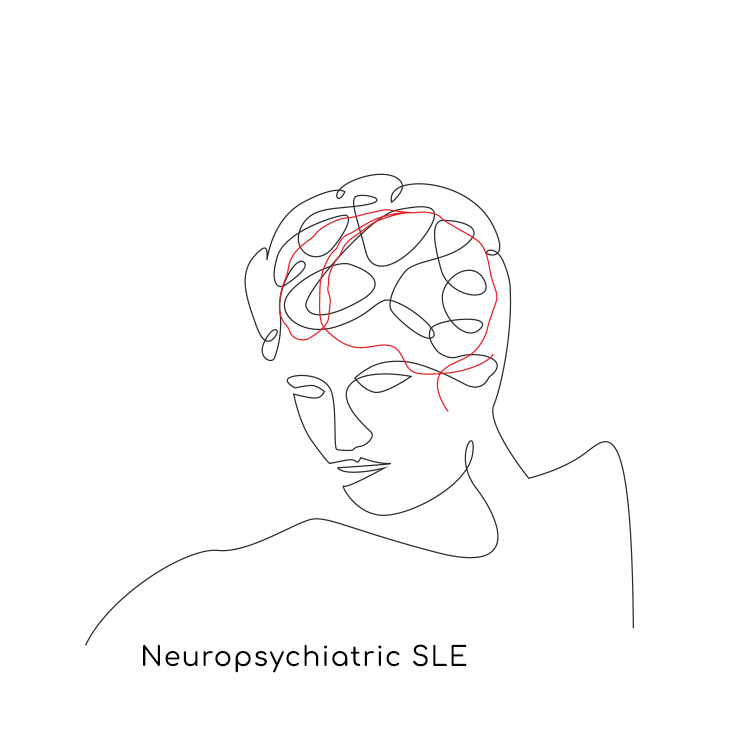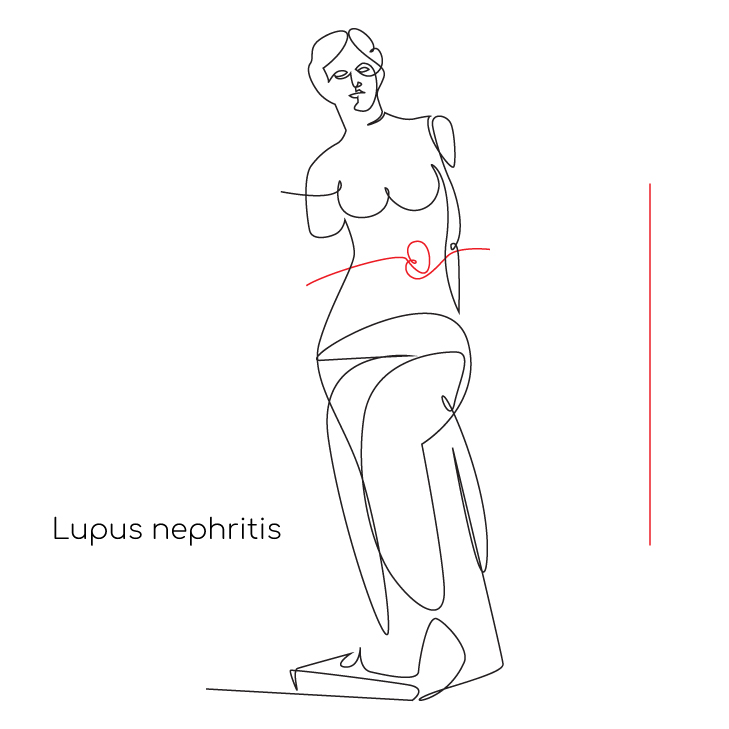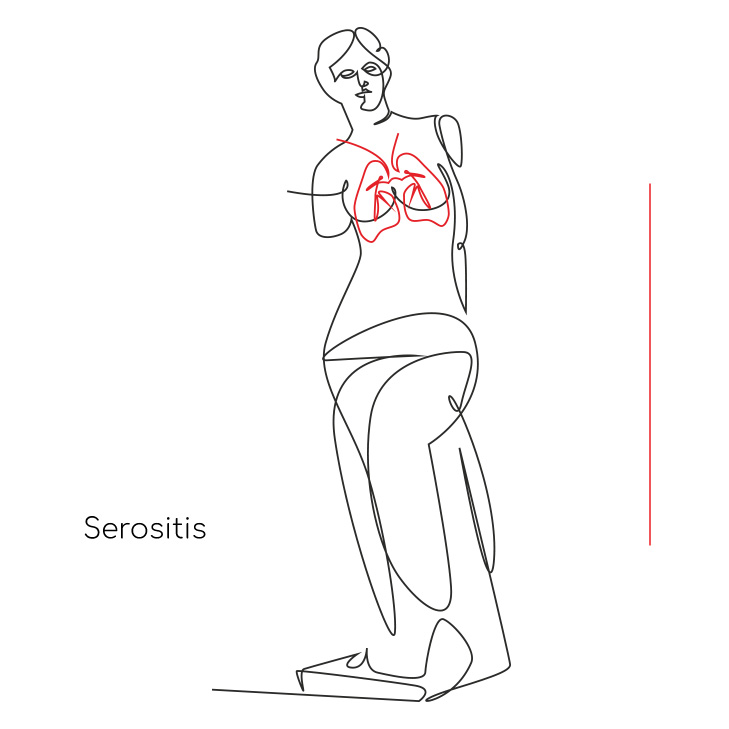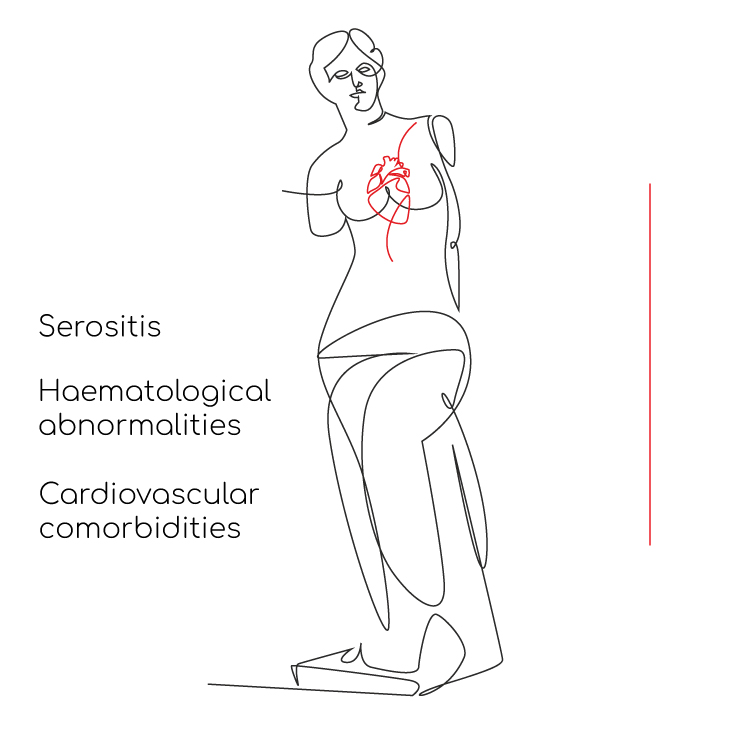The goal of our research is to contribute to improved surveillance and management for people living with systemic lupus erythematosus. We focus on identification of biomarkers that reflect activity and portend flare, response or non-response to therapy, particularly B cell targeted biologics, and long-term outcome. We stress on patient-reported health status and patient participation in medical care.
Last but not least, we have projects within medical pedagogy, and we are currently working on the development of a novel virtual patient modality for enhancing the acquirement of clinical reasoning skills and for facilitating interprofessional learning.
Click here for a full publication list from our group on PubMed®.

